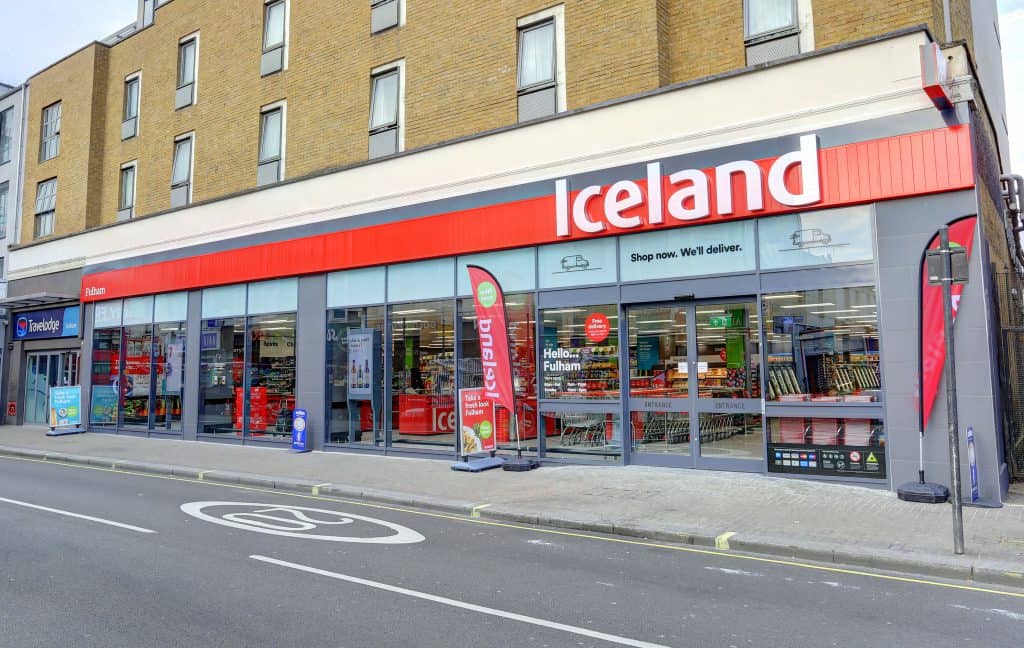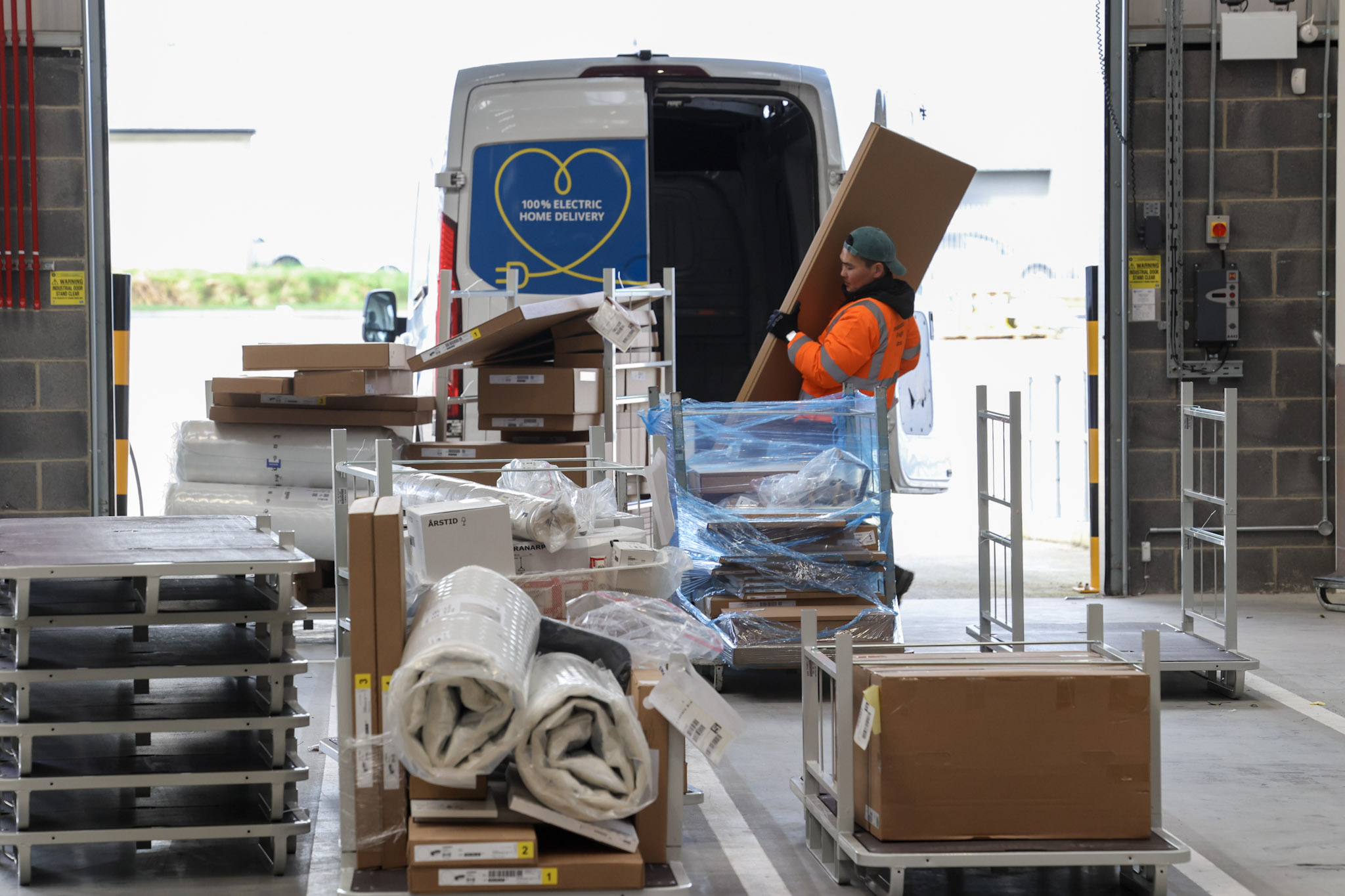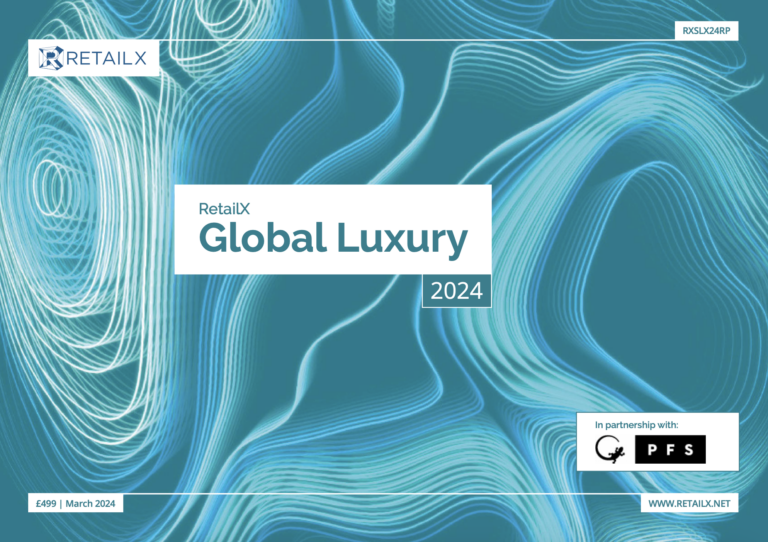Iceland has heralded the success of its flexible multichannel strategy and investment in infrastructure as it reports on a financial year that challenged the grocery sector. The frozen food retailer reports a pre-tax loss of £4.1m, following 2021’s profit of £73.1m. Sales for the year to 25 March 2022 were down 4.3% to £3.555bn. Sales in 2021, which the retailer calls “a period of exceptional demand” due to the covid pandemic, reached £3.715bn.
The retailer’s market share peaked at 2.4% in March 2021 but dropped back to 2.3% by March 2022, according to Kantar. This remains higher than the pre-covid 2.1% and reflects how the online grocery market has changed over that time since Iceland “had achieved an overweight position during the pandemic,” it says.
Multichannel operations
During the year, the flexibility afforded by a multichannel business model enabled Iceland to ramp up operations as consumer demand for online groceries increased and then declined. Iceland reports that it has retained its online share while reducing operational costs relating to ecommerce. During the pandemic, home deliveries quadrupled.
Iceland offers customers free next-day delivery of orders of £40 or above, as well as charging for same day delivery. It also partners with Uber Eats for customers who want delivery sooner. By the end of March, more than 200 stores were able to fulfil groceries for shopppers ordering via Uber Eats.
In September 2021, Iceland launched its Bonus Card as an app following a previous soft launch to cardholders. The app enables customers who use the savings scheme, to access special prices and discounts of up to 50% on selected products as well as priority access to free home delivery. By March, it had been downloaded 1.5m times.
Iceland’s UK store estate extends to 883 stores plus two dark stores from which online orders are picked.
Footfall also reflects how shopper behaviour is changing. In-store transactions helped Iceland to a “record-breaking” Christmas period. Sales in bricks-and-mortar stores continued to offset the drop in demand online during the final quarter although footfall remained 25% below pre-pandemic levels at the end of the year.










